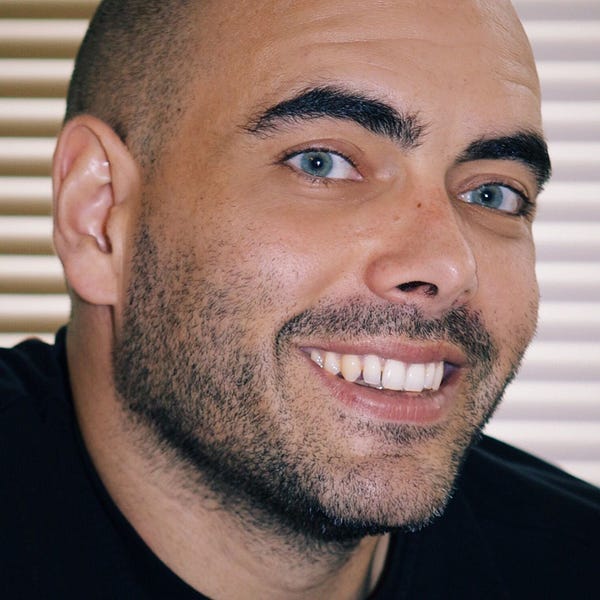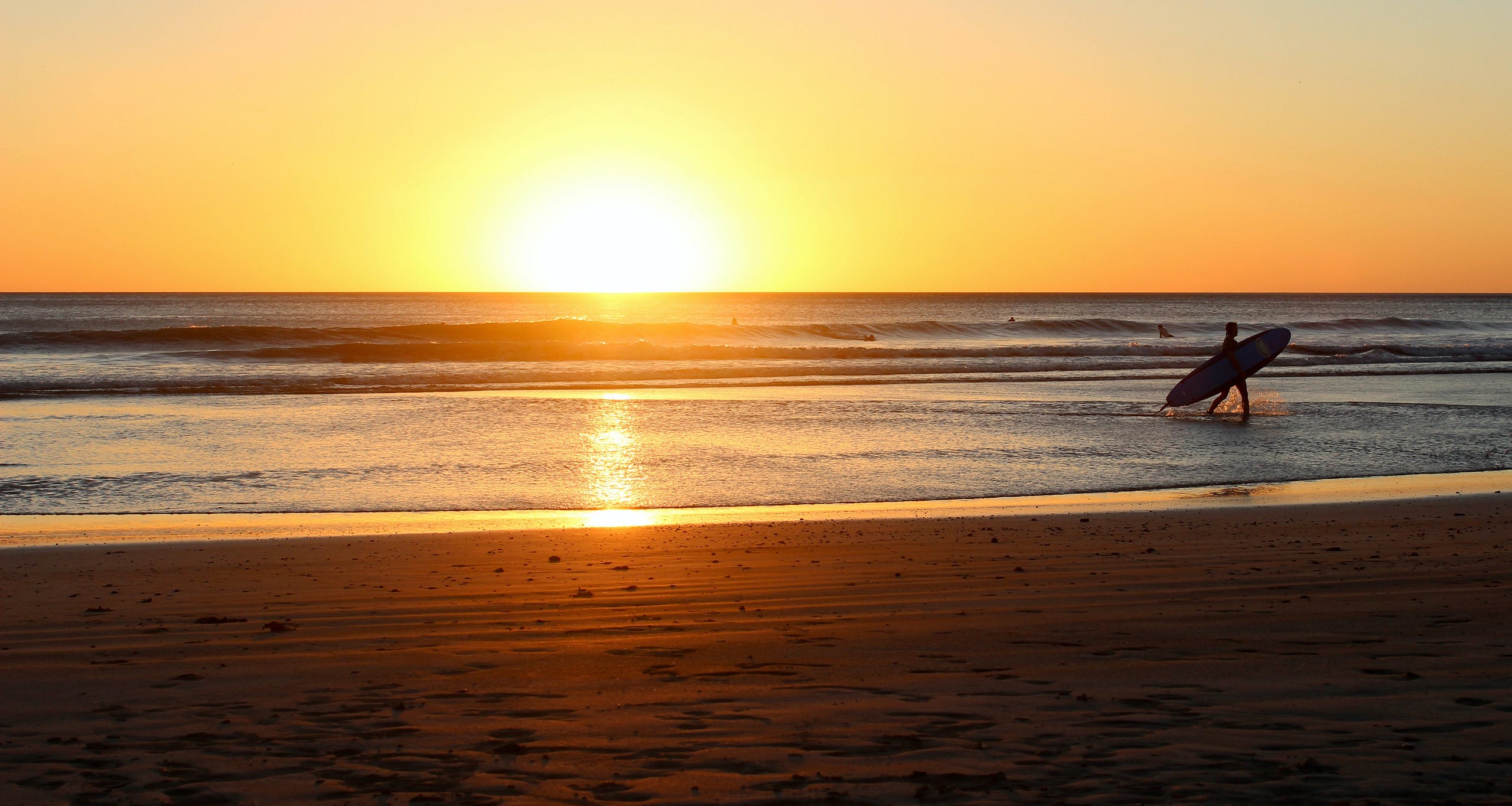bertrand dour’s endless summer
How one e-resident turned a love for surfing and business into something new

“I create frameworks that allow people to work better, to synchronise communities, for people to work remotely, and to shift business models,” says Dour.
More from e-Residency
- Sign up for our newsletter
- Watch fresh video content - subscribe to our Youtube channel
- Meet our team and e-residents - register for our next Live Q&A

